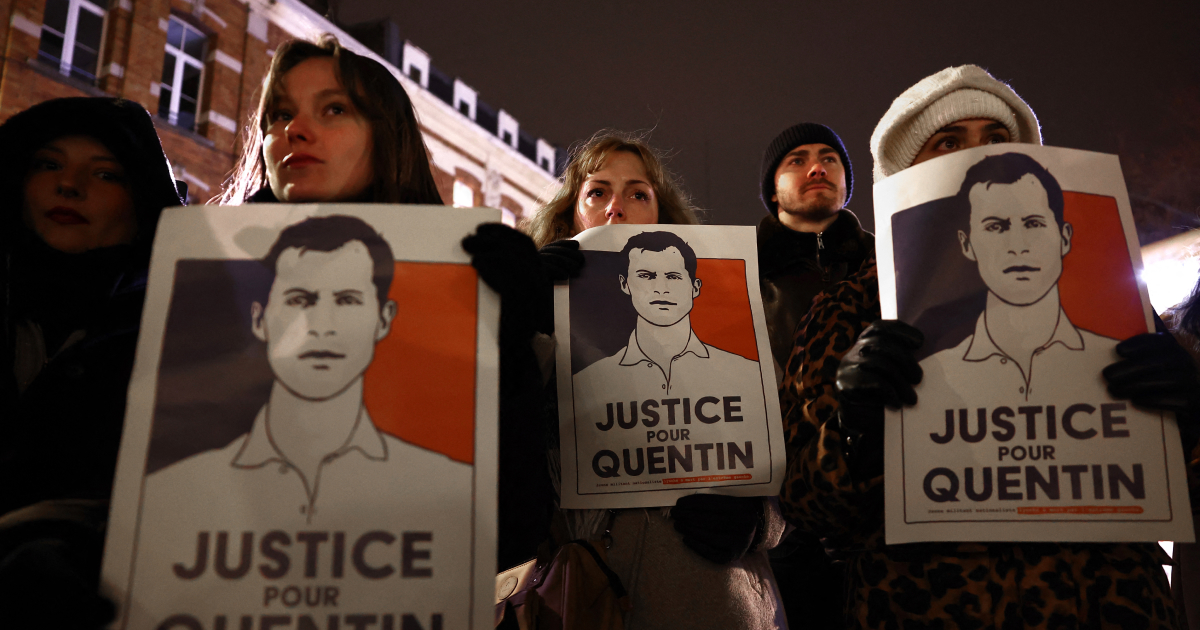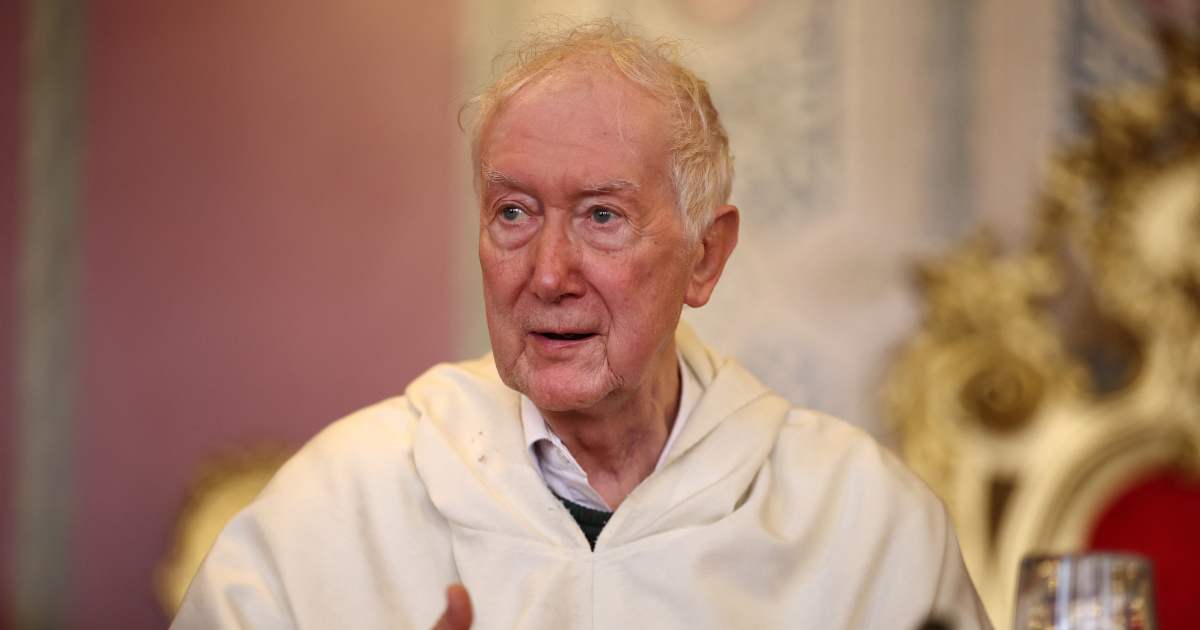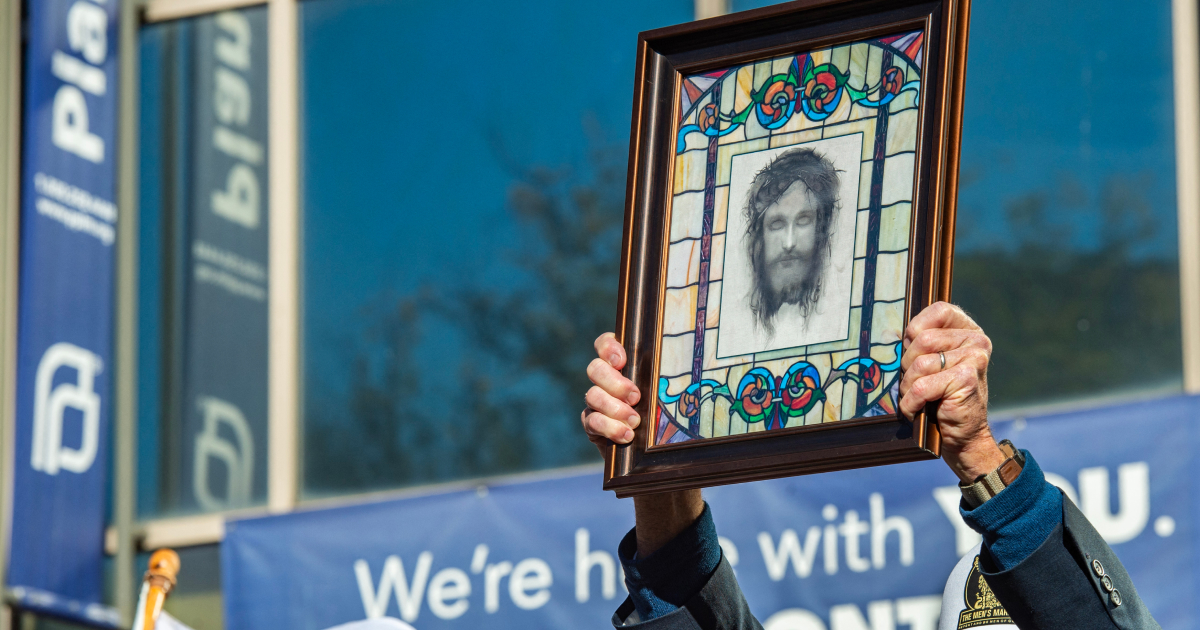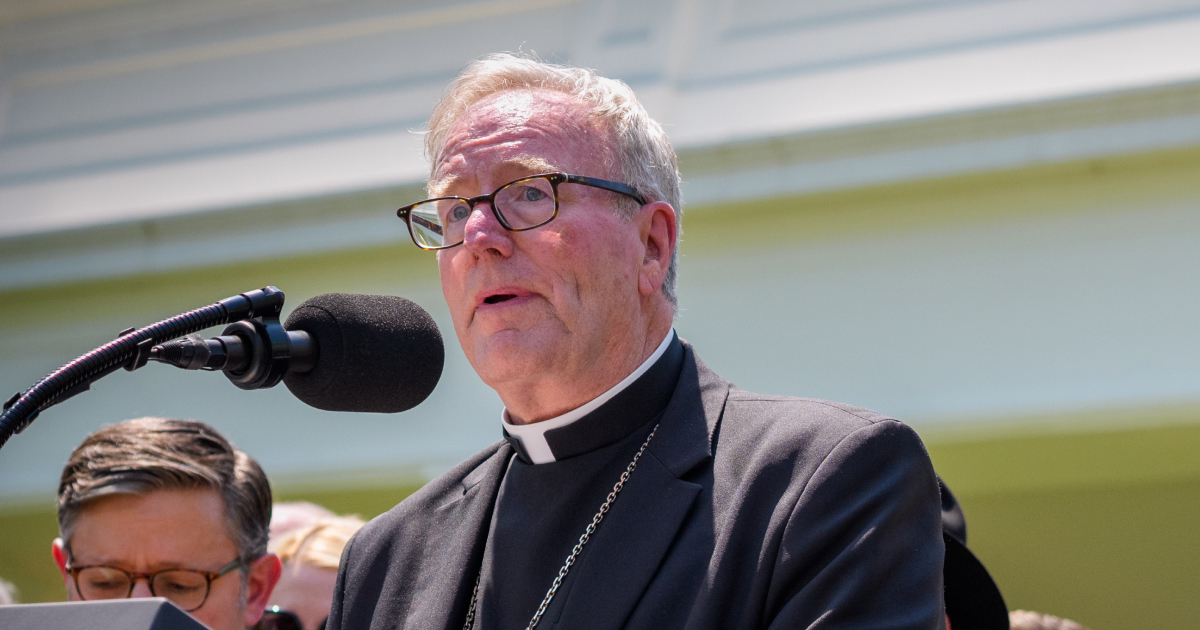The Bill to legalise assisted suicide in England and Wales is now under consideration by the House of Lords, having made it through the initial parliamentary procedures and votes in the House of Commons.
Today, 12 September, the House of Lords is due to begin debate on the Terminally Ill Adults (End of Life) Bill. Unusually, the Bill will have two days, rather than one, for an initial debate on the entire Bill – known as a Second Reading. This is partly because so many peers have requested to speak during the debate.
Peers opposed to assisted suicide say they see "massive problems" in the Bill, reports the BBC. Baroness Luciana Berger, a leading opponent of the Bill, has tabled an amendment calling for a committee to take further evidence from professionals and ministers before it can go before the Lords.
"It is really unfortunate that the House of Lords is having to interrogate such an underdeveloped piece of legislation that hasn't yet been properly scrutinised," Baroness Berger says.
"The uncomfortable truth is this Bill is silent on a whole raft of issues which means we are in the dark about how assisted dying would work in practice."
In a report released yesterday, Thursday, the House of Lords Constitution Committee said that the "degree of deliberation, assessment and scrutiny is therefore significantly less than we would expect to see for an equivalent government bill".
It added: "This is especially concerning given the subject matter of the bill."
The BBC notes that a different Lords committee earlier this week also warned that the Bill "gives sweeping, unspecified and unjustified powers to the government".
Supporters of the Bill, however, are urging peers to "respect" the decision by MPs in the House of Commons in June to back the Bill, and to therefore not try to overturn it.
Lord Falconer, the former Labour Justice Secretary who will champion the legislation in the Lords, has said the Bill had been "very thoroughly debated in the Commons" and that its decision should be respected.
Speaking to BBC News, Lord Falconer said: "The Commons has decided that there should be assisted dying as an option for those who are terminally ill. We should respect that decision.
"We can look at ways that we can improve the legislation which comes from them but we respect the decisions of the Commons, for obvious reasons.
"We are appointed, they are elected. It is for the elected representatives of this country to decide whether or not it's right that we now move to an assisted dying bill."
He adds that an attempt to block or wreck the Bill would not "be remotely appropriate”.
The Bill proposes allowing terminally ill adults in England and Wales, judged to have fewer than six months to live, to apply for an assisted death.
Approval would need to be granted by two doctors and a panel consisting of a social worker, a senior legal figure and a psychiatrist.
Almost 200 peers are expected to speak in the debate, including Baroness May, the former prime minister, as well as dozens of former ministers and five bishops, reports the BBC.
The Bill is not expected to face any significant votes on 12 September or on the second day of the initial debate on 19 September.
Voting is expected to come later in the autumn when the Bill returns to the House of Lords for peers to suggest changes or amendments, the BBC notes.
These, it explains, are likely to cover concerns about people being coerced into ending their lives, the safeguards in place, how to decide whether someone has the mental capacity to make the decision and how the process of assisted suicide is actually delivered. Many details are "currently left to be decided by ministers".
The BBC reports that it is difficult to predict the likelihood that the Lords will approve any significant changes. It notes that both opponents and supporters of the Bill say this will depend on a number of cross-bench peers who do not have a party allegiance.
If the Lords do pass amendments that Kim Leadbeater, the Labour MP behind the Bill, does not agree with, she could try to overturn them in the Commons before the Bill returns to the Lords for a second time, a type of political ping-pong that could take several weeks.
However, the BBC notes, sources in favour of the Bill are confident it will pass, claiming they are not anticipating anything that could derail the Bill from passing.
Both sides in the debate acknowledge a significant development in the Bill's chances of becoming law occurred when the government announced the parliamentary "session" would last until the spring. That is thought to have been done to give the legislation enough time to clear all its parliamentary hurdles.
If there are any significant delays and the Bill does not clear all the parliamentary stages by the spring in 2026, the whole process would have to start again with a new bill unless Prime Minister Keir Starmer adopts the assisted suicide Bill as a parliamentary bill.
The Catholic Church in England and Wales has continued to warn against the dangers the Bill poses to the sick and vulnerable, arguing that if the Bill is passed into law it will mark a terrible turning point in British culture and in the way that society views and treats life and death.
Photo: A pedestrian holding a Union flag umbrella walks over Westminster Bridge in front of The Palace of Westminster, home to the Houses of Parliament, on a rainy day ahead of Parliament returning after the summer recess, London, England, 29 August 2025. (Photo by CARLOS JASSO/AFP via Getty Images.)





.jpg)











